BRICS is still dead set on dethroning America and its dollar as the world’s reserve currency. The boys added some heavy hitters earlier this year.
UAE, Egypt, Iran, and Ethiopia. They’ve also sent an invite to Saudi Arabia, the world’s top oil producer. But Mohammed bin Salman says he is still thinking it over.
If Saudi Arabia jumps on board, BRICS will control 42% of the global oil and gas market. And that could seriously flip the script on how oil deals are done, making it so much easier to use local currencies instead of the U.S. dollar.
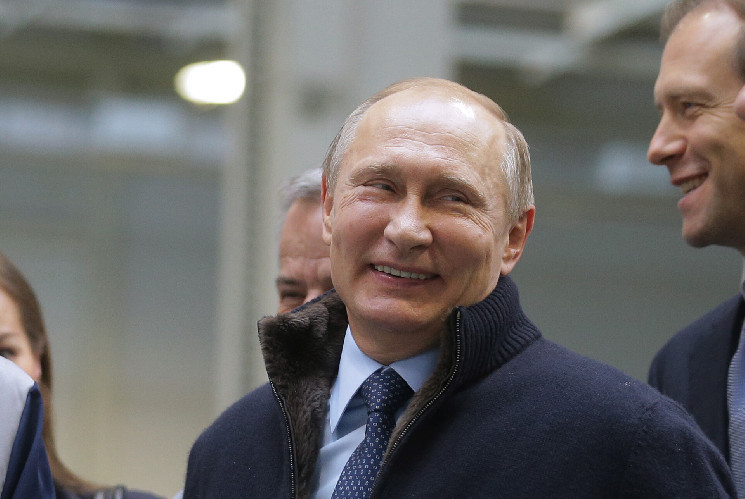
Vladimir Putin, Russia’s President, spoke about the impact, saying that:
“If oil producers in the Middle East stop using the U.S. dollar, it will be the end of the dollar.”
BRICS wants to hit the U.S. dollar where it hurts:- the oil market. The dollar’s value relies on its demand. If demand drops, so too does the dollar. BRICS is calling on oil producers to ditch the dollar, and the strategy is starting to bear fruit.
The dollar’s share of global reserves is shrinking at a rate ten times faster than the average over the past 20 years. Analysts blame U.S. sanctions, especially those tied to geopolitical spats like Russia’s conflict with Ukraine.
Countries are scrambling for dollar alternatives, leading to the rise of new payment systems like Russia’s SPFS and China’s CIPS. As of July 2024, nearly 70 countries have started de-dollarizing one way or another.
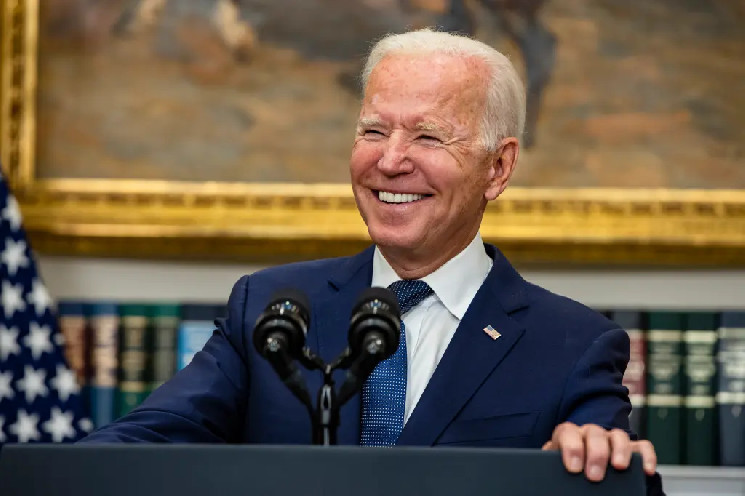
They’re exploring bilateral currency swaps and other independent payment methods. BRICS is even talking about creating a new common currency backed by real assets, not just gold. And also crypto.
Per Goldman Sachs’ analysis, this could give the dollar a serious run for its money. Countries have been rolling out their own digital currencies and payment networks to bypass the dollar.
For instance, Russia now has crude oil futures priced in rubles, and Iran is using alternative settlement methods like barter and oil-for-gold deals.
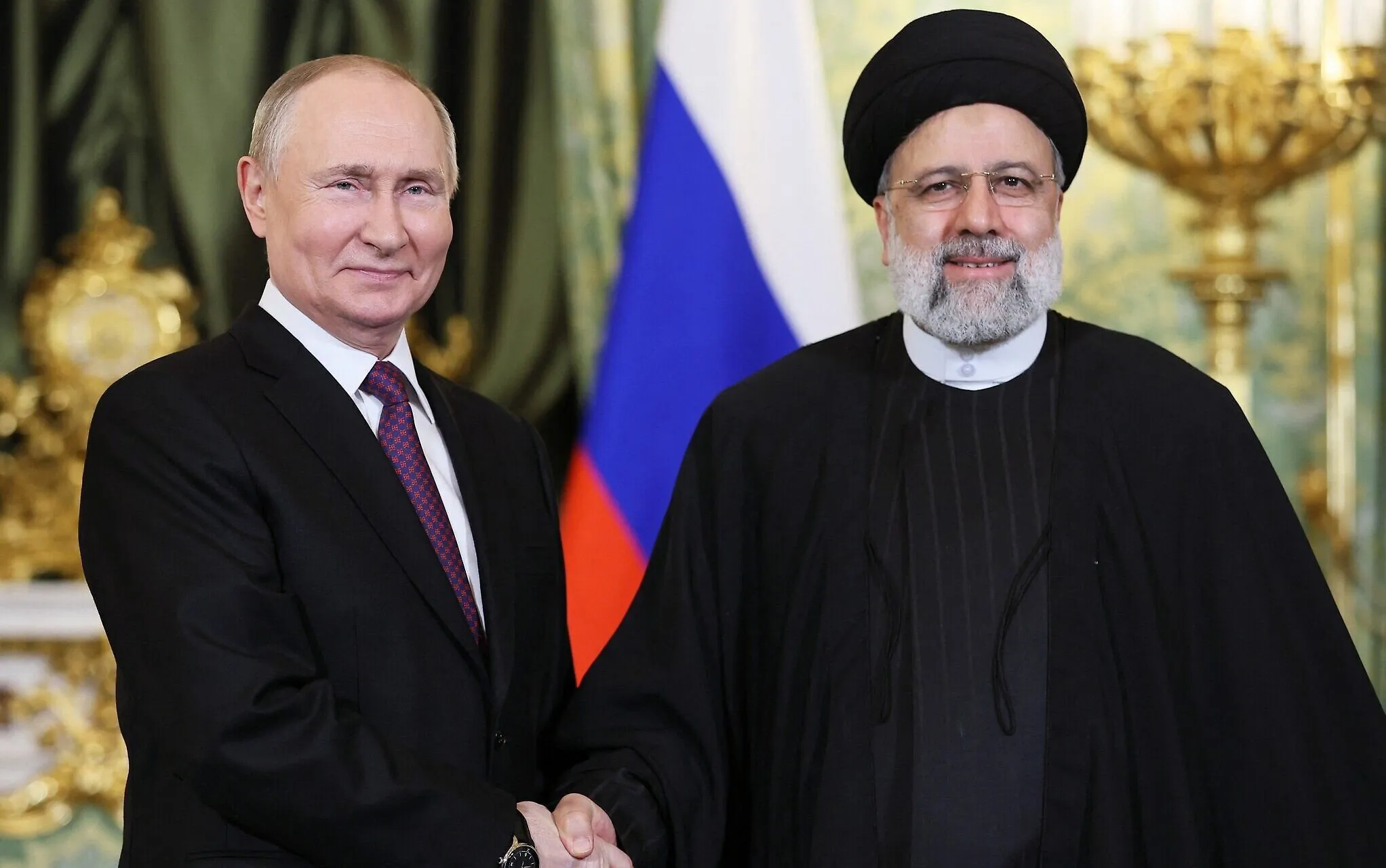
China’s President Xi Jinping is one of de-dollarization’s fiercest advocates. He’s pushing for a multipolar world where no single currency calls the shots. At one hearing, he said that:
“We must work together to build a fair and equitable international financial system that reflects the realities of the world today.”
This fits China’s bigger goal of promoting the renminbi as a global trade currency. Putin, who is best friends with Xi according to them both, stated that:
“The West’s attempts to isolate us have only strengthened our resolve to create a financial system independent of the dollar.”
Russia is now focusing on strengthening ties with other countries, especially in Asia and the Middle East, to boost trade in local currencies. The possibility of Donald Trump returning to the presidency could shake things up though.
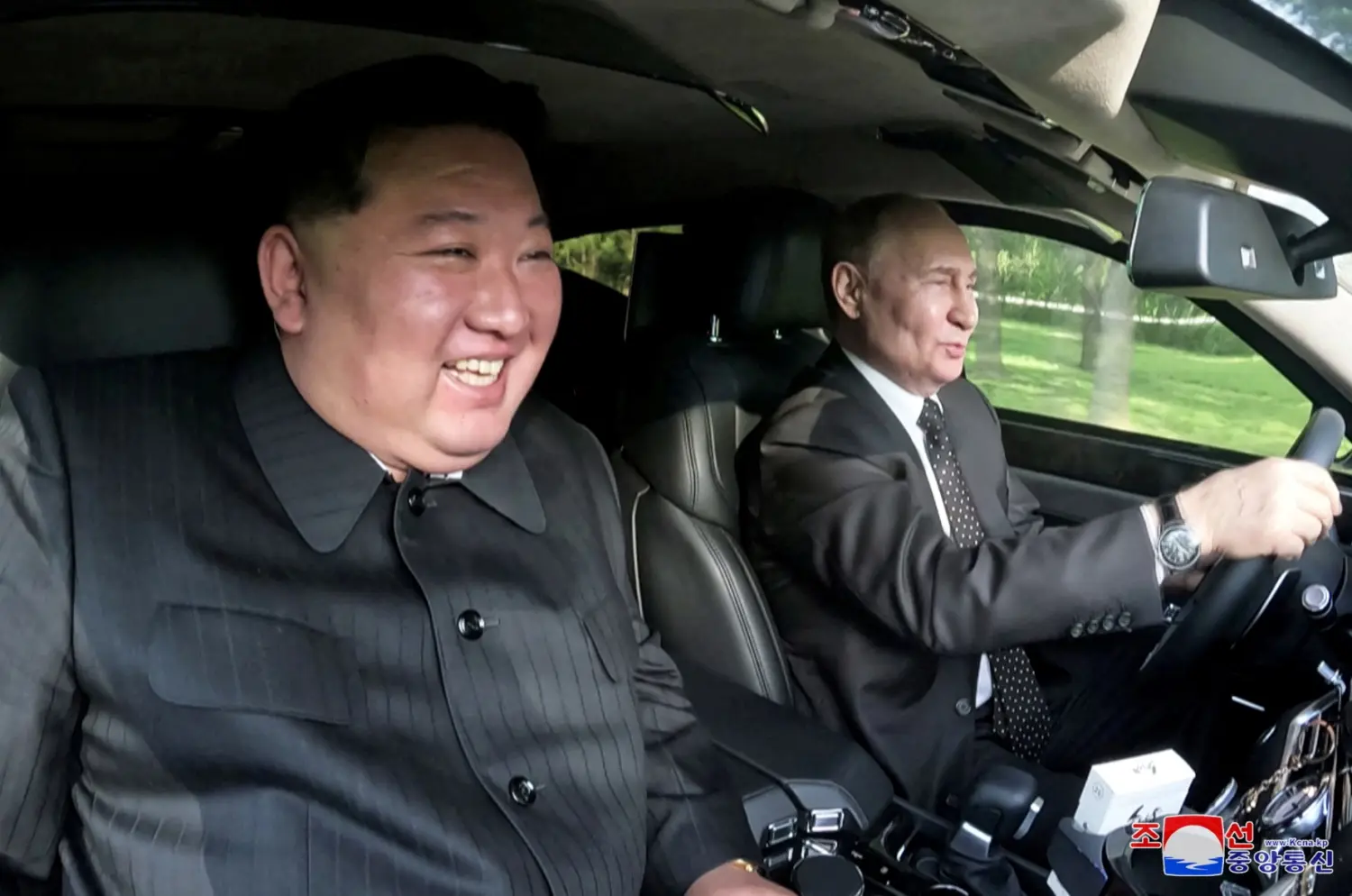
Trump’s cozy relationships with leaders like Putin and North Korea’s Kim Jong Un might influence the de-dollarization agenda.
During his first term, Trump’s “America First” policies led to the U.S. pulling out of international agreements and imposing tariffs, which could further isolate the U.S. in global finance.
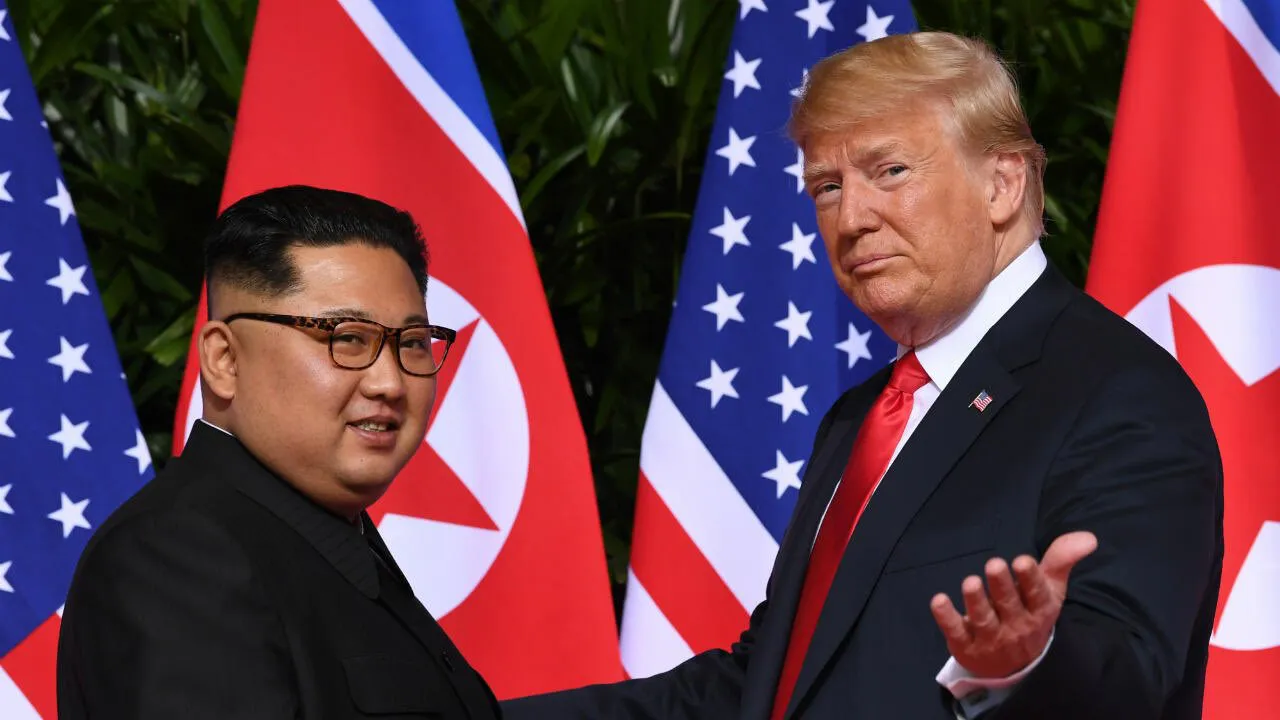
If Trump were to push for more isolationist policies, it might embolden other nations to ditch the dollar faster, seeing a weaker American influence on the world stage.
Trump’s history of engaging with authoritarian leaders could also lead to closer economic ties between him, Russia, and North Korea. Whether that means U.S. would fix its relationship with Russia and China remains to be seen.
Reporting by Jai Hamid
BRICS is still dead set on dethroning America and its dollar as the world’s reserve currency. The boys added some heavy hitters earlier this year.
UAE, Egypt, Iran, and Ethiopia. They’ve also sent an invite to Saudi Arabia, the world’s top oil producer. But Mohammed bin Salman says he is still thinking it over.
If Saudi Arabia jumps on board, BRICS will control 42% of the global oil and gas market. And that could seriously flip the script on how oil deals are done, making it so much easier to use local currencies instead of the U.S. dollar.

Vladimir Putin, Russia’s President, spoke about the impact, saying that:
“If oil producers in the Middle East stop using the U.S. dollar, it will be the end of the dollar.”
BRICS wants to hit the U.S. dollar where it hurts:- the oil market. The dollar’s value relies on its demand. If demand drops, so too does the dollar. BRICS is calling on oil producers to ditch the dollar, and the strategy is starting to bear fruit.
The dollar’s share of global reserves is shrinking at a rate ten times faster than the average over the past 20 years. Analysts blame U.S. sanctions, especially those tied to geopolitical spats like Russia’s conflict with Ukraine.
Countries are scrambling for dollar alternatives, leading to the rise of new payment systems like Russia’s SPFS and China’s CIPS. As of July 2024, nearly 70 countries have started de-dollarizing one way or another.

They’re exploring bilateral currency swaps and other independent payment methods. BRICS is even talking about creating a new common currency backed by real assets, not just gold. And also crypto.
Per Goldman Sachs’ analysis, this could give the dollar a serious run for its money. Countries have been rolling out their own digital currencies and payment networks to bypass the dollar.
For instance, Russia now has crude oil futures priced in rubles, and Iran is using alternative settlement methods like barter and oil-for-gold deals.

China’s President Xi Jinping is one of de-dollarization’s fiercest advocates. He’s pushing for a multipolar world where no single currency calls the shots. At one hearing, he said that:
“We must work together to build a fair and equitable international financial system that reflects the realities of the world today.”
This fits China’s bigger goal of promoting the renminbi as a global trade currency. Putin, who is best friends with Xi according to them both, stated that:
“The West’s attempts to isolate us have only strengthened our resolve to create a financial system independent of the dollar.”
Russia is now focusing on strengthening ties with other countries, especially in Asia and the Middle East, to boost trade in local currencies. The possibility of Donald Trump returning to the presidency could shake things up though.

Trump’s cozy relationships with leaders like Putin and North Korea’s Kim Jong Un might influence the de-dollarization agenda.
During his first term, Trump’s “America First” policies led to the U.S. pulling out of international agreements and imposing tariffs, which could further isolate the U.S. in global finance.

If Trump were to push for more isolationist policies, it might embolden other nations to ditch the dollar faster, seeing a weaker American influence on the world stage.
Trump’s history of engaging with authoritarian leaders could also lead to closer economic ties between him, Russia, and North Korea. Whether that means U.S. would fix its relationship with Russia and China remains to be seen.
Reporting by Jai Hamid





